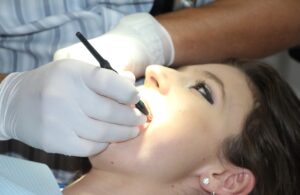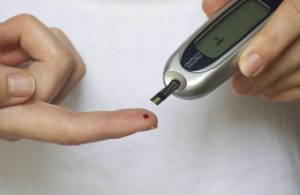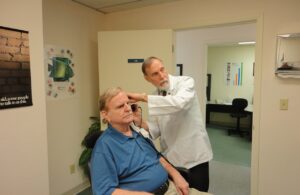As we age, keeping up with routine health checks becomes increasingly important. We monitor blood pressure, cholesterol, and vision, but one vital sense is often overlooked, our hearing.
Recognising the early signs of hearing decline
The signs of age-related hearing loss can be subtle at first. You might find yourself frequently asking others to repeat themselves, or struggling to follow conversations in noisy environments like restaurants. Perhaps you turn up the television volume higher than you used to, or notice a persistent ringing or buzzing sound, known as tinnitus. These are not simply "part of getting older" but are indicators that your hearing may be changing. Ignoring these symptoms can lead to social withdrawal, frustration, and a reduced sense of connection with the world around you.
The role of ear wax and safe removal
Sometimes, what appears to be hearing loss is actually a simple blockage caused by excess ear wax. While ear wax is natural and protective, it can become impacted and obstruct the ear canal, leading to muffled hearing, earache, or dizziness. It's crucial that any ear wax removal is performed safely by a professional. In the past, ear syringing with water was a common method, but it can carry risks such as ear drum perforation or infection. Modern, safer techniques are now preferred, such as ear wax microsuction, where a gentle suction device is used under microscopic vision to clear the blockage precisely and comfortably.
What happens during a hearing test?
A hearing test is a straightforward and painless process. It typically involves a few key steps. The audiologist will first examine your ear canals with an otoscope to check for any physical issues, such as wax build-up or inflammation. Following this, you will sit in a quiet, sound-treated room wearing headphones. The audiologist will play a series of tones at different pitches and volumes, and you will signal when you hear them. This helps to determine the quietest sound you can detect at various frequencies. You may also be asked to repeat words spoken at different volumes to assess your speech discrimination.
The benefits of early detection go beyond hearing
Addressing hearing loss early does more than just help you hear better; it supports your overall health. Studies have linked untreated hearing loss to a higher risk of cognitive decline and dementia, as the brain has to work harder to process sound. It can also affect your balance, increasing the risk of falls. By catching and managing hearing decline early, you can maintain your social engagement, stay mentally active, and preserve your independence for longer. A simple hearing test is a proactive measure for your long-term cognitive and physical health.
Preparing for your hearing health appointment
To get the most out of your appointment, think about your hearing health beforehand. Make a note of any situations where you find it difficult to hear, how long you've noticed the symptoms, and any relevant medical history. Don't be afraid to ask questions. Whether you are concerned about wax build-up or a gradual decline in your hearing, a professional can provide a clear diagnosis and discuss the best course of action. From simple advice to a discussion about hearing aids, taking this step is an investment in your well-being.

















